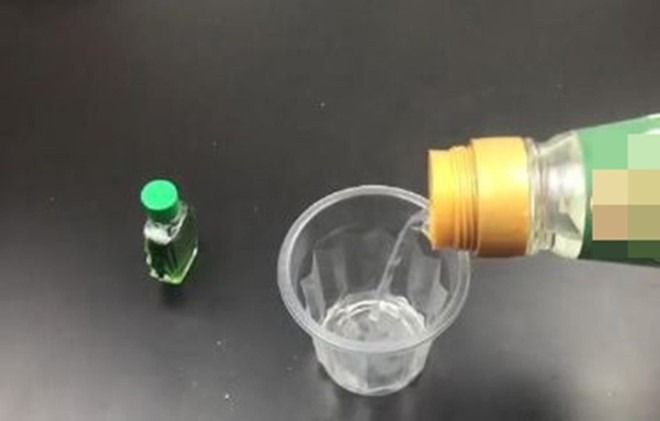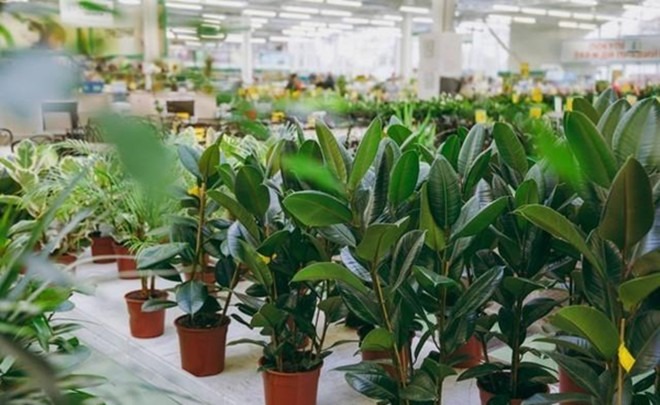Did you know that combining eucalyptus oil and white vinegar can bring numerous benefits to your household? Eucalyptus oil is a familiar staple in every family’s medicine cabinet, known for its pain-relieving, cough-suppressing, and decongestant properties, among others.
On the other hand, white vinegar is commonly used in the kitchen to add a tangy flavor to dishes and speed up meat tenderization. But what advantages does blending eucalyptus oil and white vinegar bring to your home?
What Are the Benefits of Mixing Eucalyptus Oil and White Vinegar?
Insect Repellent
Spraying this solution on drain pipes, sinks, and trash bins effectively repels insects. Such tiny creatures can rapidly proliferate and carry bacteria, posing health risks and inconveniences for your family.
It is recommended to spray the solution on drains and sinks before bedtime to allow sufficient time to eradicate the pests. Upon waking in the morning, flush them away with hot water. Repeating this process once a week will keep your home insect-free.

Spray the solution on drains and sinks before bedtime to effectively get rid of pests.
Pest Control for Potted Plants
Spraying the solution around potted plants and indoor greenery helps eliminate insect eggs and prevents infestations of tiny flying insects. This is crucial for safeguarding your plants from pests and promoting their healthy growth.
However, take care not to spray the solution directly onto the leaves or stems of your plants, nor pour it directly into the soil. Doing so may cause the foliage to turn yellow and wither.

Spray the solution around potted plants to keep them pest-free.
Cockroach Deterrent
Cockroaches pose a significant threat to household hygiene, not only ruining food but also spreading diseases if contaminated food is consumed. To keep them at bay, you can use a solution of white vinegar and eucalyptus oil.
Soak a sponge in the solution and place it in areas where cockroaches frequently appear. The scent of the solution effectively repels cockroaches for extended periods, as they detest the smell. When the scent fades, replace the sponge with a freshly soaked one.
Alternatively, pour the solution into bowls and place them in dark areas to repel cockroaches. This mixture is also effective against mosquitoes, so you can spray it around windows to prevent their entry or under your bed to deter them from disturbing your sleep.
Removal of Grease Stains
The solution of white vinegar and eucalyptus oil is also useful for removing grease stains from range hoods and cooktops. The alcohol in the solution quickly dissolves grease. After spraying the solution onto greasy surfaces, let it sit for about 10 minutes, then wipe it off with a dishwashing detergent, and you’ll find that the grease stains are easily eliminated.
The fragrance of the eucalyptus oil also keeps the kitchen smelling fresh and clean, while repelling insects such as ants and cockroaches, preventing them from venturing into this area.
Window Cleaning
Spraying the eucalyptus oil and white vinegar solution on windows effectively removes grime and haze. Whether it’s bathroom or exterior windows, using this solution for cleaning will leave them sparkling like new.
5 Tips to Keep Mosquitoes Away This Summer
1. Collect dried orange or tangerine peels, mugwort, and other similar items. Place them in a cloth bag and hang it on your window. Alternatively, finely chop fresh garlic, scallions, or leeks, place the mixture in a box, and set it outside your window. Both methods are effective mosquito repellents.
2. Purchase or gather some mugwort and silverleaf plants to make small bags to hang on your windows, doors, or place at the head of your bed. These also act as mosquito repellents.
Black pepper is also an excellent mosquito repellent. Sprinkle it on windowsills, doorways, or the edges of flower pots to prevent mosquito breeding and intrusion.
3. Add a few drops of eucalyptus oil to a vaporizer to powerfully repel mosquitoes from your home.
4. Dissolve vitamin B tablets in water to create a mosquito repellent spray for your body. Mosquitoes will stay away from you.
5. Eradicate mosquito breeding grounds. Some environments with stagnant water require frequent spraying of insecticides, which is not only ineffective in eliminating mosquitoes but also costly.
































